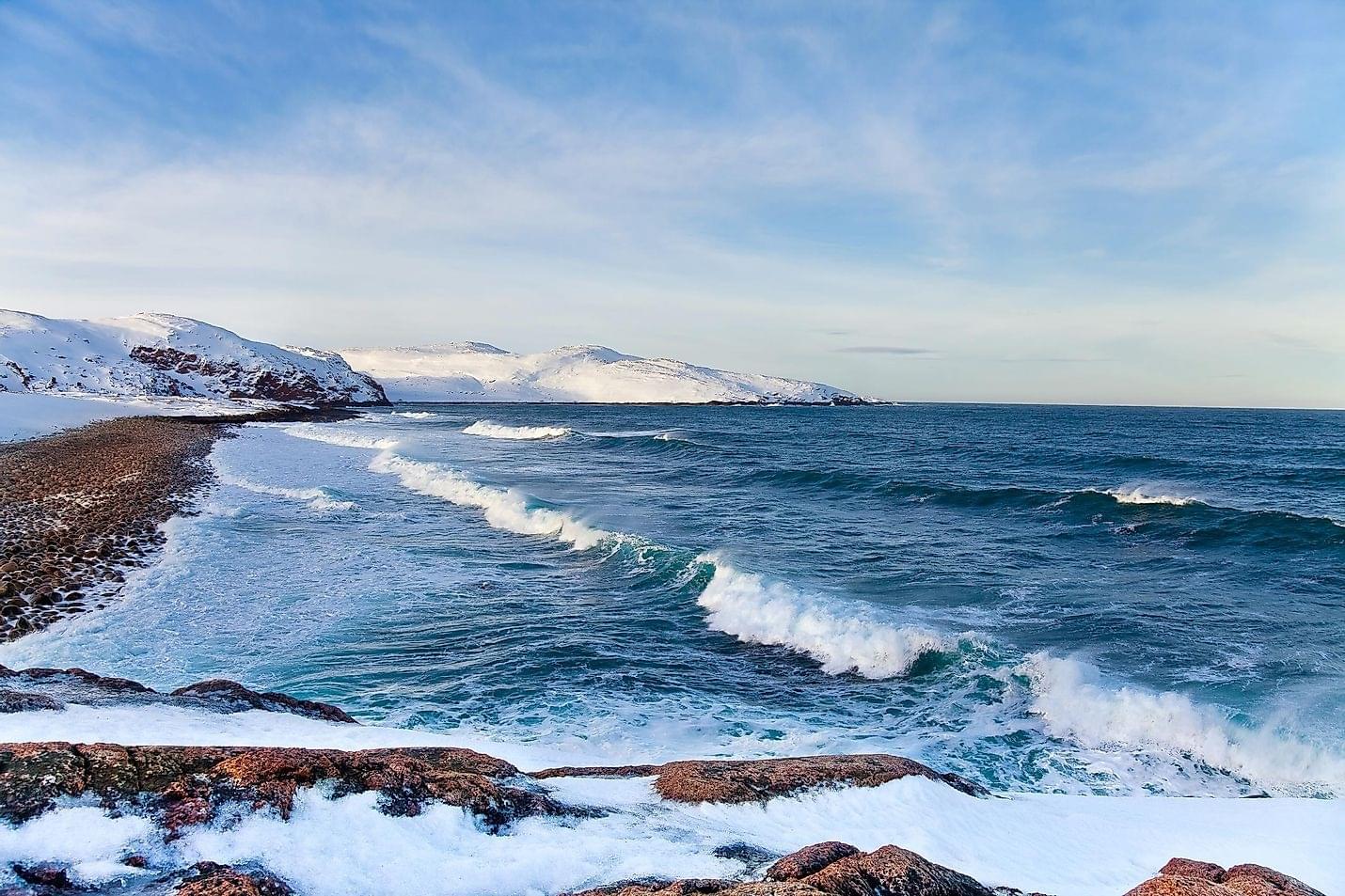About Barents Sea, Norway
The sea is named after the Dutch navigator Willem Barents, who explored the Arctic region in the 16th century. In the early 2000s, Norway actively managed the Barents Sea as part of its efforts to sustainably exploit its considerable natural resources. The region is renowned for its abundant fish stocks, particularly cod, which support a thriving fishing industry and contribute significantly to Norway's economy. Additionally, the Barents Sea holds strategic importance for oil and gas exploration, with several offshore platforms tapping into its energy reserves. Despite these economic opportunities, the area also poses environmental challenges due to its vulnerability to climate change and the potential impact of resource extraction. Norway, in collaboration with neighboring countries, has been committed to balancing economic interests with environmental sustainability in the Barents Sea, exemplifying the delicate balance required in managing the Arctic's unique ecosystems.









.webp?w=1280&dpr=1)


.jpg?w=1280&dpr=1)




.jpg?w=1280&dpr=1)